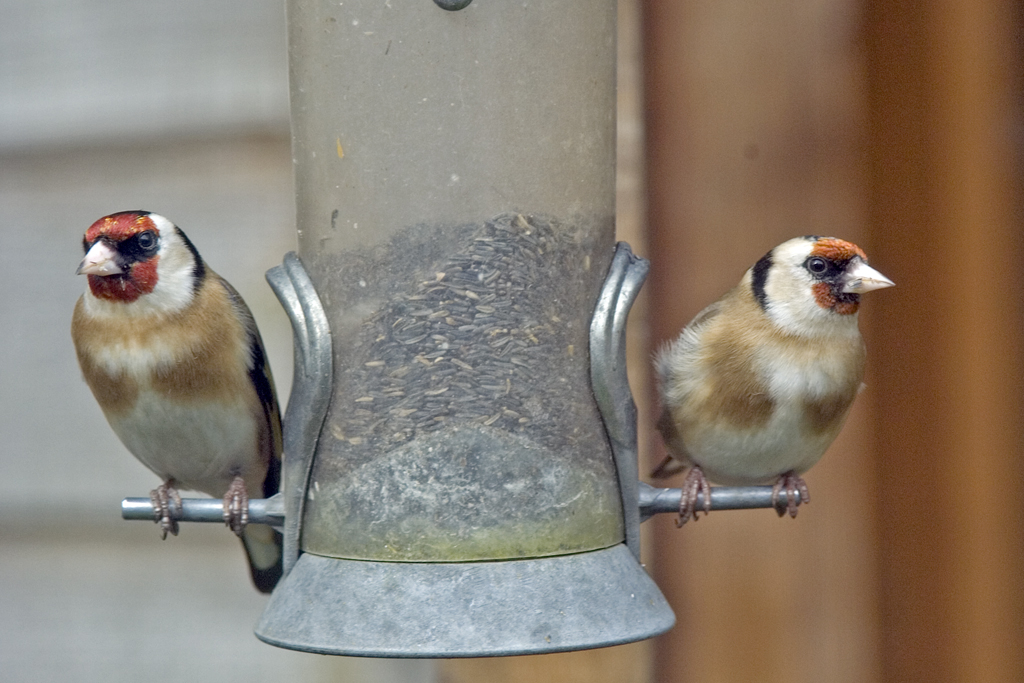For the estimated seven million tourists who visit the Royal Borough, Eton’s riverscape and its iconic swan population are just as memorable a part of their day as are Windsor Castle and Eton College. Mute Swans are now thriving but interestingly they are an excellent example of how practical conservation measures can rescue a species in decline. In the 1980s the swan population on the Thames was in severe decline, due mostly to lead poisoning from discarded weights used by anglers. Birds don’t have teeth, so to digest their food they use a gizzard, a muscular chamber which is part of the stomach. Many bird species swallow grit and use this in their gizzard a bit like a coffee grinder (another name for gizzard is gastric mill) and use it to grind their food. Unfortunately, toxic lead shot taken in as if it were grit, was also ground down and passed into the bird’s system.
Swan Lifeline, our vitally important local charity, worked together with local politicians and with the staunch support from Eton’s then Provost, Lord Charteris, and a national ban on the use of lead shot started in 1997. Incidentally, the College’s current Provost, William Waldegrave, was also very supportive of the plight of the swans when he was Under-Secretary of State for the Environment in Margaret Thatcher’s government in the early 1980s.
Non-breeding birds form the large flock of over three hundred that we see at Windsor, a favorite site for swans because they like the extended body of water which provides a sufficient ‘runway’ for their taking off and landing. They are also much attracted to the tourists and their bags of bread, though white bread certainly isn’t the ideal food for them. Their preferred food is various reeds and algae. Swans can typically weigh 10kg, though they have been recorded at more than twice that weight, which makes them one of the heaviest flying birds.
Breeding birds will build their nest in a territory which the male (the cob) and the female (the pen) will defend very aggressively. Spectacular fights can take place and other swans which happen to stray into the territory can be at a huge disadvantage if they are moulting. They are liable to be drowned, something I have been distressed to see on a couple of occasions.
Anyway, thanks to the excellent conservation work of Wendy Hermon and her team of volunteers at Swan Lifeline, Eton and its stunning swan population will continue to make Windsor and Eton memorable to all its millions of visitors.
The photo has been kindly provided by Karen Phillips of Tastes Delicatessen.
George Fussey
Curator




